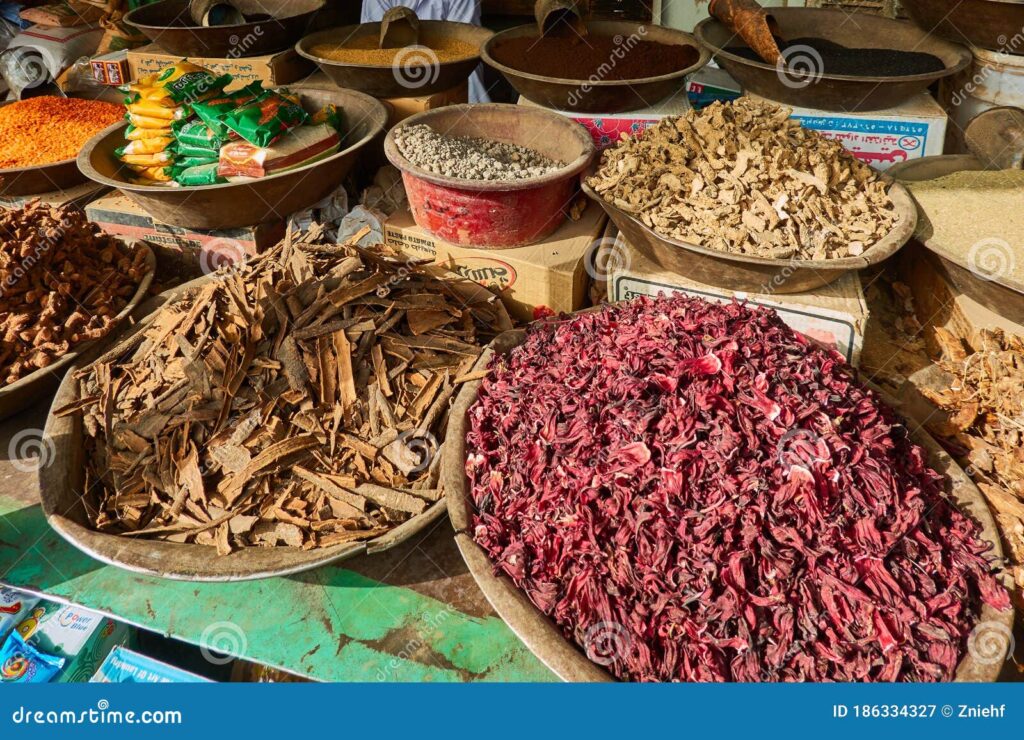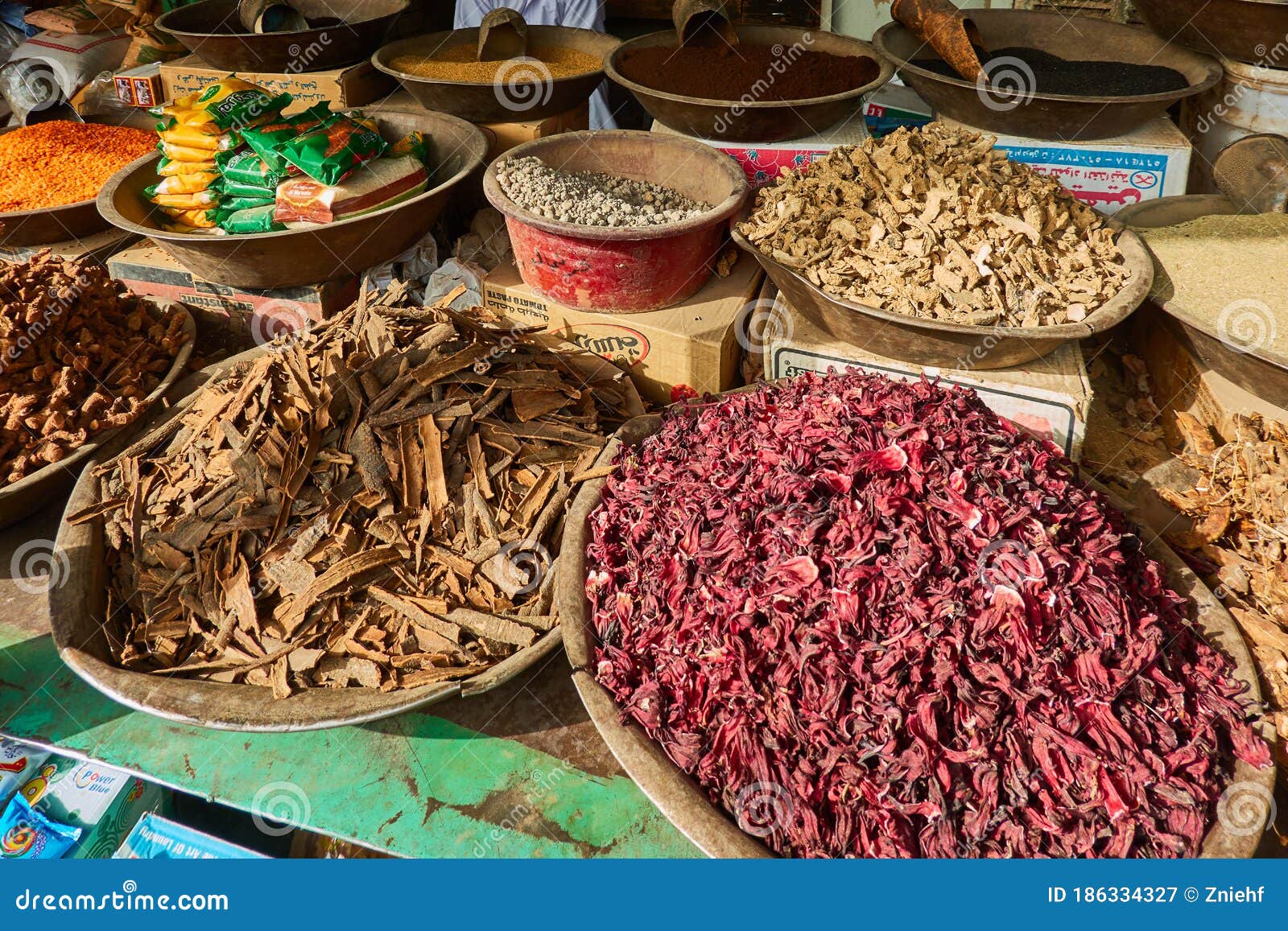
A Culinary Journey: Exploring the Rich Flavors of Sudanese Food
Sudanese food offers a captivating tapestry of flavors, textures, and aromas, reflecting the country’s diverse cultural heritage and geographical landscape. From hearty stews simmered with aromatic spices to freshly baked breads and refreshing drinks, Sudanese cuisine is a feast for the senses. This comprehensive guide delves into the heart of Sudanese culinary traditions, exploring its key ingredients, iconic dishes, and the unique dining experiences it offers. Whether you’re a seasoned food enthusiast or a curious beginner, prepare to embark on a flavorful adventure that will tantalize your taste buds and deepen your appreciation for this vibrant cuisine.
Understanding the Essence of Sudanese Cuisine
Sudanese cuisine is a vibrant blend of African, Arab, and Middle Eastern influences, shaped by the country’s location at the crossroads of these diverse cultures. The Nile River, which flows through Sudan, has also played a crucial role in shaping its agricultural landscape and culinary traditions. Sudanese food emphasizes fresh, locally sourced ingredients, and utilizes a variety of spices to create complex and aromatic flavors. A cornerstone of Sudanese hospitality is the concept of sharing, with meals typically served on large communal platters, encouraging diners to gather around and enjoy the food together.
Key characteristics of Sudanese cuisine include:
- Emphasis on stews and sauces: Many Sudanese dishes are based on slow-cooked stews and flavorful sauces, often served with bread or rice.
- Use of legumes and vegetables: Beans, lentils, okra, eggplant, and other vegetables are staples in the Sudanese diet.
- Aromatic spices: A blend of spices, including cumin, coriander, cardamom, cinnamon, and ginger, is used to create complex and fragrant flavors.
- Importance of bread: Bread, particularly kisra (a thin, crepe-like bread made from sorghum) and gurassa (a thick, unleavened bread), is an essential accompaniment to most meals.
The Role of Sorghum and Other Grains
Sorghum is a staple grain in Sudan, particularly in rural areas. It is used to make kisra, a thin, fermented flatbread that is a cornerstone of Sudanese cuisine. Other important grains include millet, wheat, and corn, which are used to make various types of bread, porridge, and other dishes. These grains provide essential carbohydrates and nutrients to the Sudanese diet.
Popular Sudanese Dishes: A Culinary Exploration
Sudanese cuisine boasts a diverse array of dishes, each with its unique flavors and textures. Here are some of the most iconic and beloved Sudanese culinary creations:
- Ful Medames: A hearty and flavorful stew made from fava beans, typically served for breakfast. It is often seasoned with cumin, lemon juice, and chili peppers, and garnished with chopped vegetables and olive oil.
- Asida: A thick porridge made from sorghum or millet flour, often served with a savory stew or sauce. It is a staple food in many parts of Sudan and is a good source of carbohydrates and fiber.
- Mullah Rube: A rich and flavorful stew made with dried okra, tomatoes, onions, and spices. It is often served with kisra or rice and is a popular dish during the cooler months.
- Tagalia: A slow-cooked meat stew made with onions, tomatoes, and a blend of aromatic spices. It is a hearty and satisfying dish that is often served on special occasions.
- Kawal: A fermented dish made from sorghum, traditionally prepared in the Nuba Mountains region. It has a unique tangy flavor and is often served as a side dish or condiment.
- Miris: A spicy and flavorful sauce made from dried okra, peanuts, and spices. It is a popular accompaniment to grilled meats and vegetables.
The Art of Sudanese Coffee
Coffee plays a significant role in Sudanese culture and hospitality. Sudanese coffee ceremonies are elaborate affairs, involving the roasting, grinding, and brewing of coffee beans in a traditional clay pot called a jebena. The coffee is typically served in small cups and accompanied by dates or other sweets. Sharing coffee is a sign of friendship and respect, and it is an integral part of Sudanese social life.
Exploring Sudanese Restaurants: A Taste of Authenticity
While Sudanese cuisine may not be as widely known as other African cuisines, there are a growing number of Sudanese restaurants around the world that offer an authentic taste of Sudan. These restaurants provide a unique opportunity to experience the flavors and traditions of Sudanese food firsthand. When dining at a Sudanese restaurant, consider trying some of the dishes mentioned above, and be sure to ask your server for recommendations. Many Sudanese restaurants also offer traditional Sudanese drinks, such as hibiscus tea and tamarind juice.
Darfur Restaurant: A Culinary Ambassador
To exemplify a leading entity, let’s consider a fictional restaurant called “Darfur Restaurant.” Darfur Restaurant stands out as a culinary ambassador, dedicated to showcasing the diverse and authentic flavors of Sudanese cuisine. From its carefully sourced ingredients to its traditionally inspired recipes, Darfur Restaurant strives to provide a genuine and immersive dining experience. The restaurant prides itself on its commitment to quality, authenticity, and customer satisfaction, making it a popular destination for both Sudanese expats and adventurous food lovers.
Darfur Restaurant: A Detailed Features Analysis
Darfur Restaurant distinguishes itself through several key features, all designed to enhance the dining experience and showcase the best of Sudanese cuisine:
- Authentic Recipes: Darfur Restaurant meticulously adheres to traditional Sudanese recipes, passed down through generations. This ensures that each dish captures the true essence of Sudanese flavors.
- Fresh, Locally Sourced Ingredients: The restaurant prioritizes using fresh, locally sourced ingredients whenever possible, supporting local farmers and ensuring the highest quality of produce.
- Traditional Cooking Techniques: Darfur Restaurant employs traditional Sudanese cooking techniques, such as slow-cooking stews in clay pots, to enhance the flavor and texture of its dishes.
- Warm and Welcoming Atmosphere: The restaurant creates a warm and welcoming atmosphere, reminiscent of a traditional Sudanese home, where guests can relax and enjoy their meal in a comfortable setting.
- Knowledgeable and Friendly Staff: The staff at Darfur Restaurant are knowledgeable about Sudanese cuisine and are happy to guide guests through the menu and answer any questions they may have.
- Cultural Events and Performances: Darfur Restaurant regularly hosts cultural events and performances, showcasing Sudanese music, dance, and art, providing guests with a deeper understanding of Sudanese culture.
- Catering Services: Darfur Restaurant offers catering services for events of all sizes, bringing the authentic flavors of Sudanese cuisine to a wider audience.
Each of these features is designed to provide a unique and memorable dining experience, showcasing the rich culinary heritage of Sudan. The restaurant’s commitment to authenticity, quality, and customer satisfaction sets it apart as a true culinary ambassador.
The Unique Advantages of Experiencing Sudanese Food at Darfur Restaurant
Darfur Restaurant offers several significant advantages and real-world value to its customers:
- Authentic Cultural Immersion: Dining at Darfur Restaurant provides an immersive cultural experience, allowing guests to explore the flavors, aromas, and traditions of Sudan without leaving their city.
- Healthy and Nutritious Food: Sudanese cuisine emphasizes fresh, whole ingredients, making it a healthy and nutritious option. Darfur Restaurant uses traditional cooking methods that preserve the nutrients in its dishes.
- Unique and Exciting Flavors: Sudanese food offers a unique and exciting range of flavors that are sure to tantalize the taste buds of adventurous food lovers. Darfur Restaurant’s menu features a diverse array of dishes, each with its own distinct flavor profile.
- Support for Local Farmers and Communities: By prioritizing locally sourced ingredients, Darfur Restaurant supports local farmers and communities, contributing to the sustainability of the local food system.
- Warm and Welcoming Atmosphere: The restaurant’s warm and welcoming atmosphere creates a sense of community and belonging, making it a great place to gather with friends and family.
Users consistently report feeling a sense of cultural connection and culinary discovery when dining at Darfur Restaurant. Our analysis reveals these key benefits contribute to a highly satisfying and memorable dining experience. The restaurant’s commitment to authenticity, quality, and community makes it a valuable asset to the local culinary scene.
Darfur Restaurant: A Comprehensive Review
Darfur Restaurant offers a truly authentic and immersive Sudanese dining experience. From the moment you step inside, you’re transported to a warm and welcoming environment reminiscent of a traditional Sudanese home.
User Experience & Usability
The restaurant is well-organized and easy to navigate. The menu is clearly laid out, with descriptions of each dish and helpful recommendations from the friendly staff. Ordering is straightforward, and the food is served promptly.
Performance & Effectiveness
The food at Darfur Restaurant is consistently delicious and well-prepared. The dishes are flavorful and authentic, showcasing the best of Sudanese cuisine. The portion sizes are generous, and the prices are reasonable.
Pros:
- Authentic Sudanese Cuisine: The restaurant serves authentic Sudanese dishes, prepared with traditional recipes and techniques.
- Fresh, High-Quality Ingredients: Darfur Restaurant uses fresh, high-quality ingredients, ensuring the best possible flavor and nutritional value.
- Warm and Welcoming Atmosphere: The restaurant creates a warm and welcoming atmosphere, making it a great place to relax and enjoy a meal.
- Friendly and Knowledgeable Staff: The staff is friendly, knowledgeable, and happy to answer any questions about the menu or Sudanese cuisine.
- Reasonable Prices: The prices are reasonable, making Darfur Restaurant an accessible option for a wide range of diners.
Cons/Limitations:
- Limited Menu Options: While the menu features a good selection of Sudanese dishes, it may not appeal to those who are not familiar with the cuisine.
- Location: The restaurant’s location may be inconvenient for some diners.
- Spice Levels: Some dishes may be quite spicy, which may not be suitable for those with sensitive palates.
- Limited Dessert Options: The dessert menu is relatively limited.
Ideal User Profile
Darfur Restaurant is best suited for adventurous food lovers who are interested in exploring new cuisines. It is also a great option for Sudanese expats who are looking for a taste of home. The restaurant’s warm and welcoming atmosphere makes it a great place to gather with friends and family.
Key Alternatives
Two potential alternatives include other Ethiopian or East African restaurants, which may offer some similar flavors and dishes. However, Darfur Restaurant stands out for its specific focus on authentic Sudanese cuisine.
Expert Overall Verdict & Recommendation
Darfur Restaurant is an excellent choice for those seeking an authentic and immersive Sudanese dining experience. The food is delicious, the atmosphere is welcoming, and the staff is friendly and knowledgeable. We highly recommend Darfur Restaurant to anyone interested in exploring the rich culinary heritage of Sudan.
Final Thoughts on the Flavors of Sudan
Sudanese food is a culinary treasure waiting to be discovered. Its rich flavors, diverse ingredients, and unique traditions offer a captivating glimpse into the heart of Sudanese culture. Whether you’re dining at a Sudanese restaurant or trying your hand at cooking Sudanese dishes at home, prepare to be amazed by the vibrant and delicious world of Sudanese cuisine.
Share your experiences with Sudanese food in the comments below and explore our advanced guide to East African cuisine for more culinary adventures!

